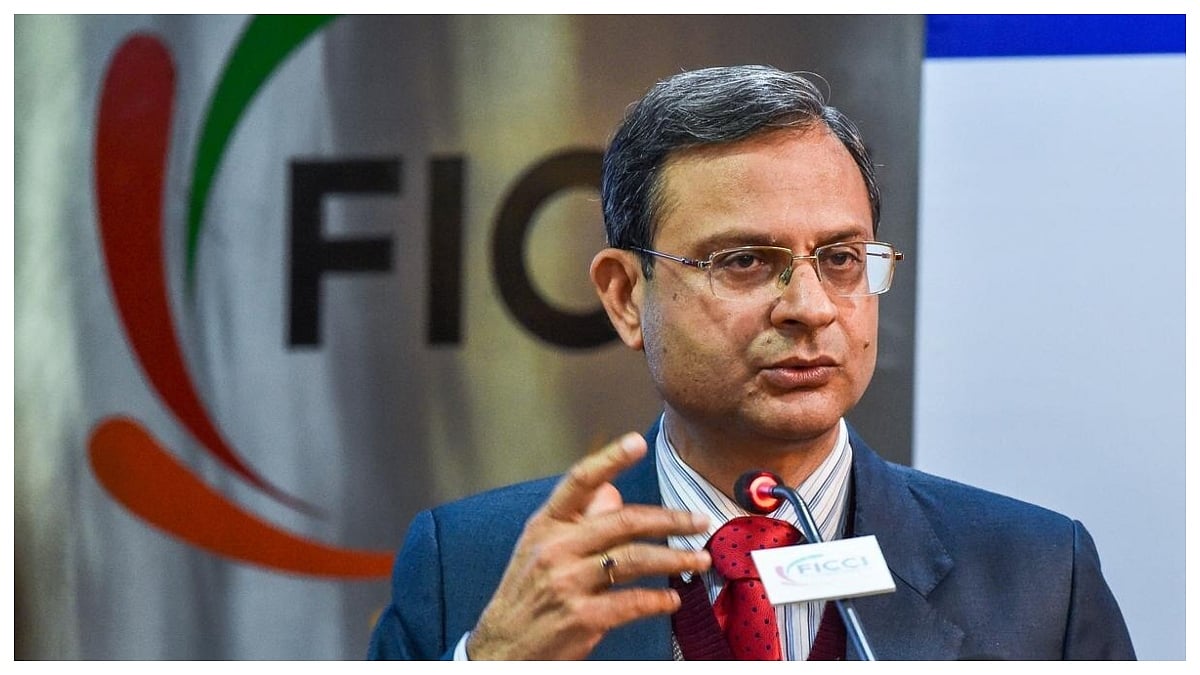Mumbai: Reserve Bank Governor Sanjay Malhotra on Wednesday exhorted the fledgling fintech ecosystem to focus on the underserved sections of society to deepen financial inclusion.
Speaking at the annual Global Fintech Fest here, Malhotra acknowledged that serving the “privileged” will be a lucrative business but urged smaller companies to focus on the underserved.
“Build for inclusion. While there may be higher profits to be made by deepening access to the haves and the privileged, prioritise building systems to expand financial services to the unaccessed, the unreached, and the unserved segments of society,” he said to a packed hall comprising stakeholders of the fintech ecosystem.
Malhotra also called on fintech companies to design products and services that are easy to use and accessible for all. He emphasized the importance of incorporating assistive technologies to ensure vulnerable groups—such as senior citizens, individuals with limited digital literacy, and the specially-abled—are not left behind.
There is a need for Indian fintechs to “prioritise” trust and compliance, Malhotra added, highlighting that they should embed strong data protection, transparency, and consumer safeguards in every offering.
The number of Indian fintech firms has grown to 10,000, having collectively raised over USD 40 billion over the last decade, noted the career bureaucrat-turned-central banker.
Highlighting technology’s role as a force multiplier for sustainable economic development, Malhotra appreciated fintechs for delivering financial services at population scale and at affordable costs.
He urged the fintech ecosystem to focus on extending credit to make the best use of the infrastructure created over recent years and ensure that small businesses and individuals gain access to credit. Moreover, fintechs should design customer experiences so seamless that a customer service agent is no longer necessary.
Addressing a growing concern, the RBI governor said digital frauds are “becoming a problem” for the Reserve Bank. He highlighted the MuleHunter solution, developed by an arm of the central bank, which is currently used by 21 banks and has demonstrated a 90% success rate in tracking down accounts used by fraudsters. The solution creates a complex web of accounts employed to swindle funds after duping unsuspecting individuals.
Malhotra also called for greater integration among the 17 account aggregators to incorporate more financial information and adopt interoperable features for enhanced effectiveness.
The Reserve Bank is in the process of introducing standards designed to improve customer onboarding, enhance user interfaces, strengthen data security, and increase awareness under the account aggregator framework, he added.
On the issue of unmet credit demand in the country, Malhotra mentioned the recently launched unified lending interface that can help bridge the gap by enabling easier access to credit. He underscored that credit is the “lifeblood” of inclusive growth.
The Reserve Bank has also conceptualised the “unified markets interface” as a next-generation financial market infrastructure.
“This interface will have the capability to tokenise financial assets and settlements using wholesale CBDC (central bank digital currency),” Malhotra said, adding that early efforts are encouraging.
Meanwhile, Infosys co-founder and non-executive chairman Nandan Nilekani revealed that the ‘Finternet’ ecosystem, which he has been promoting for some time, is expected to go live in 2026.
He noted that the number of people who have signed up for Finternet—a vision for a future financial system that is unified, interconnected, and user-centric—is growing rapidly. The platform is expected to bring assets such as land, property, bonds, and financial investments onto a single platform where they will be tokenized.
In related news, the National Payments Corporation of India (NPCI) launched several initiatives on Wednesday. These include AI-based UPI HELP powered by its Small Language Model (SLM), designed to assist with payments, mandates, and dispute resolution.
NPCI also introduced IoT (Internet of Things) payments with UPI, enabling transactions directly from connected devices such as cars, smart TVs, and wearables, along with ‘Banking Connect’—an interoperable net banking solution.
Additionally, NPCI launched ‘UPI Reserve Pay,’ which allows users to securely block and manage credit limits for specific purposes across merchant and UPI apps.
*Disclaimer: This story is from the syndicated feed. Nothing has changed except the headline.*
https://www.freepressjournal.in/business/focus-on-the-underserved-sections-of-the-society-to-deepen-financial-inclusion-rbi-governor-sanjay-malhotra
